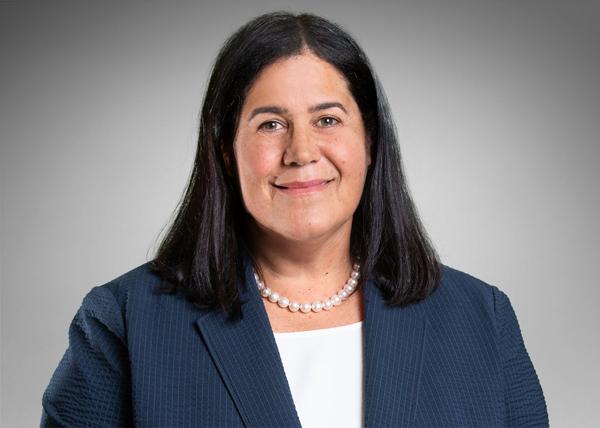Carolyn Rashby spoke with SHRM about obligations of employers towards employees’ spouses’ COVID-19 concerns. Ms. Rashby says if an employee says his or her spouse is worried about the employee returning to work due to the spouse’s or a family member's health issues, the employer isn't obligated to take those concerns into account unless the worker's need to care for the spouse or other family member is required by laws other than the ADA. These laws might include the Families First Coronavirus Response Act, the Family and Medical Leave Act and state law.
“There are no particular requirements to guide what documentation the employer could ask for in this situation to confirm that the family member is indeed high risk,” she adds. The employer should avoid asking for detailed medical information or a diagnosis, which could implicate privacy concerns, she cautions. "Instead, ask the employee to submit a note from a health care provider confirming that the family member is in a high-risk group or has a disability that may make him or her more susceptible to COVID-19 complications.”
Ms. Rashby went on to say, “Employers may also want to consider implementing a policy allowing employees sharing a household with high-risk individuals to request an accommodation, and the employer could only offer this for family members—including domestic partners—who live with the employee.” She adds, “A policy with a clear limitation on which nonemployees to accommodate—roommates, spouses, domestic partners, children—can be manageable and practical, depending on the employer's operational needs.”
Regarding the calls employers may receive from employees’ spouses, Ms. Rashby says, "What is an appropriate response by the employer would depend on the purpose of the spouse's call. Therefore, if the employee's spouse is calling to make a reasonable accommodation request on behalf of an employee, the employer should listen, take notes and treat the request as if it was coming from the employee. If it's unclear if that's why the spouse is calling, the employer should attempt to clarify so that nothing is missed.”
Back
Back




